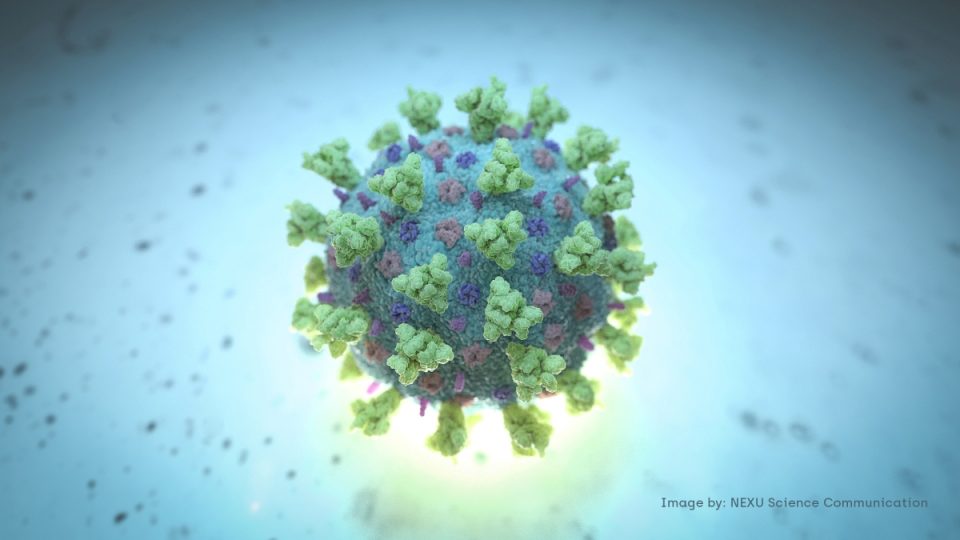BANGI, Nov 1 — Datuk Seri Ismail Sabri Yaakob today launched the National Vaccine Development Roadmap (PPVN) and Malaysian Genome and Vaccine Institute (MGVI) in an effort to turn the country into a hub for vaccine production and boost confidence in vaccine use.
The prime minister said that through PPVN and MGVI, Malaysia could produce its own vaccines that are of quality, effective and safe in accordance with the conditions set by the National Pharmaceutical Regulatory Agency (NPRA).
“Although R&D and vaccine production requires heavy investment, such efforts have the potential to bring long-term returns for Keluarga Malaysia (Malaysian Family) in the form of cost savings in treating diseases and investments by multinational companies in Malaysia.
“Through the implementation of PPVN and establishment of MGVI, highly skilled human capital in various fields of research especially those related to healthcare and vaccines can be produced,” he said at the launch ceremony at the Malaysian Genome Institute (MGI) here.
Also present were Science, Technology and Innovation Minister Datuk Seri Dr Adham Baba and Health Minister Khairy Jamaluddin
“More job opportunities can be created for Keluarga Malaysia to help increase the number of skilled workers and enhance the standard of living and health of the people,” he added.
Ismail Sabri said PPVN would not be focusing solely on Covid-19 and its role would be expanded to include the development of vaccines for other diseases, including head and neck cancer by the Cancer Research Centre.
He said three projects are ready to be implemented through PPVN, with the first involving the production of two types of Covid-19 using inactivated virus and mRNA developed by the Institute for Medical Research (IMR).
He said for this purpose, the fund extended by the government involved research allocations to the Health Ministry (MoH) and Sukuk Prihatin (Covid-19 research allocation special aid) totalling RM3.5 million.
The second project, entitled Development of Mucosal/Oral/Subunit Vaccines Against Cholera, Tuberculosis and Covid-19, is on cholera vaccine developed in collaboration with Universiti Sains Malaysia (USM) and Asian Institute of Medicine, Science and Technology (AIMST), with the Ministry of Science, Technology and Innovation (Mosti) also funding it to the tune of RM10.5 million using the Strategic Research Fund (SRF), he said.
“The third project is on Pre-clinical Evaluation of a Therapeutic Cancer Vaccine for the Treatment of Head and Neck Cancer by Cancer Research Malaysia (CRM) at a cost of RM3 million financed by Mosti.
“However, as there is no facility yet to conduct the first in a human clinical trial in Malaysia, CRM will conduct the clinical trial from February 2022 until March 2023 in the United Kingdom,” he said.
On MGVI, he said upgrading MGI was in line with the institute’s scope which focuses on genome research and molecular biology in vaccine production efforts.
“I am confident that the establishment of MGVI can have a positive impact on the country from the economic, social and technological aspects, thus contributing to economic stability because there is no dependence on external sources of supply,” he said.
Ismail Sabri said the government was committed to propelling R&D to produce new technologies by ensuring that 50 per cent of the government’s research funds were provided for experimental development (pre -commercialisation activities), especially for innovations with high potential for commercialisation.
Through various programmes implemented by the government, he said, the country expected more vaccine scientists to be produced, thus supporting its plan to increase the ability to develop human-specific vaccines, not only for domestic use but also the global market.
He also expressed confidence that Malaysia could reduce its dependence on vaccine-producing countries when it strengthened the country’s health security.
— Bernama





